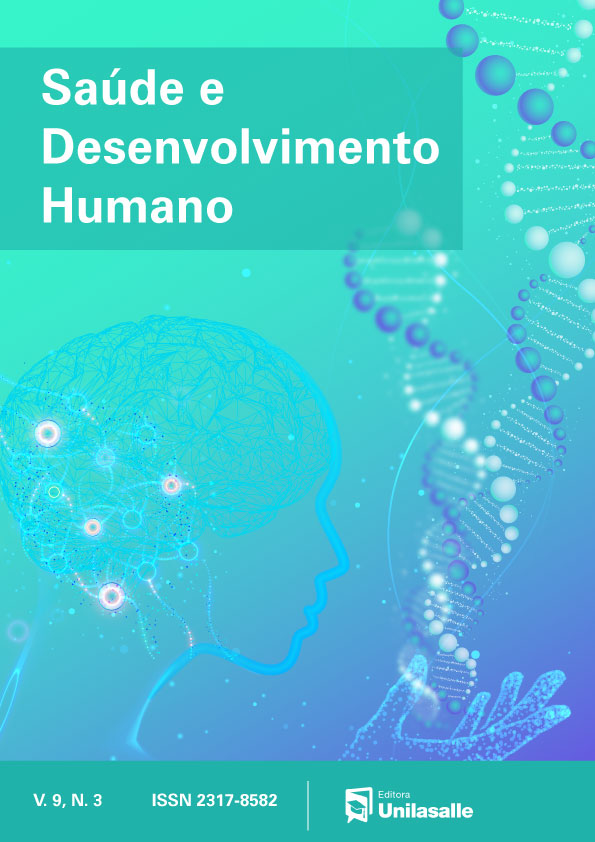Self-medication with antibiotics: identification of risk factors and analysis of the brazilian population’s lifestyle.
DOI:
https://doi.org/10.18316/sdh.v9i3.7668Keywords:
Self-medication, Antibiotic Resistance, Life StyleAbstract
Objectives: Measure the prevalence of adult and elderly users of the Brazilian primary healthcare system who self-medicated with antibiotics and identified its association with risk factors for self-medication and lifestyle.
Materials and Methods: This is a quantitative, epidemiological study carried out in the Brazilian primary healthcare system. We used a semi-structured questionnaire and the Fantastic Lifestyle Checklist. We carried out a bivariate analysis, a binomial logistic regression, and the Mann-Whitney nonparametric test.
Results: Out of the total sample (537 participants), 40.6% used antibiotics without medical prescription in the last 12 months. The dependent variable was associated with the presence of pain (OR=2.390, CI95, 1.414-4.041); storage of leftover antibiotics in the home (OR=2.124 CI95, 1.122-4.021); and use of medicines on someone’s recommendation (OR=1.722, CI95, 1.127-2.631). The group of individuals who used antibiotics without prescription in the last year had the lowest values in all domains assessed by the Fantastic Lifestyle Checklist and had the highest proportions in the final score of “Fair" and "Needs improvement”.
Conclusions: A significant proportion of primary health care users in Brazil used antibiotics without medical prescription. Therefore, the population should receive better guidance on the use of antibiotics and greater incentive to develop healthy habits and lifestyle.
Downloads
Published
Issue
Section
License
Authors who submit their manuscripts to be published in this journal agree to the following terms:
- Authors retain copyright and grant the journal right of first publication with the work simultaneously licensed under the Creative Commons Attribution License that allows the sharing of work and recognition of its initial publication in this journal.
- By virtue of the articles appearing in this open access journal, articles are free to use, with proper attribution, in educational and non-commercia.


